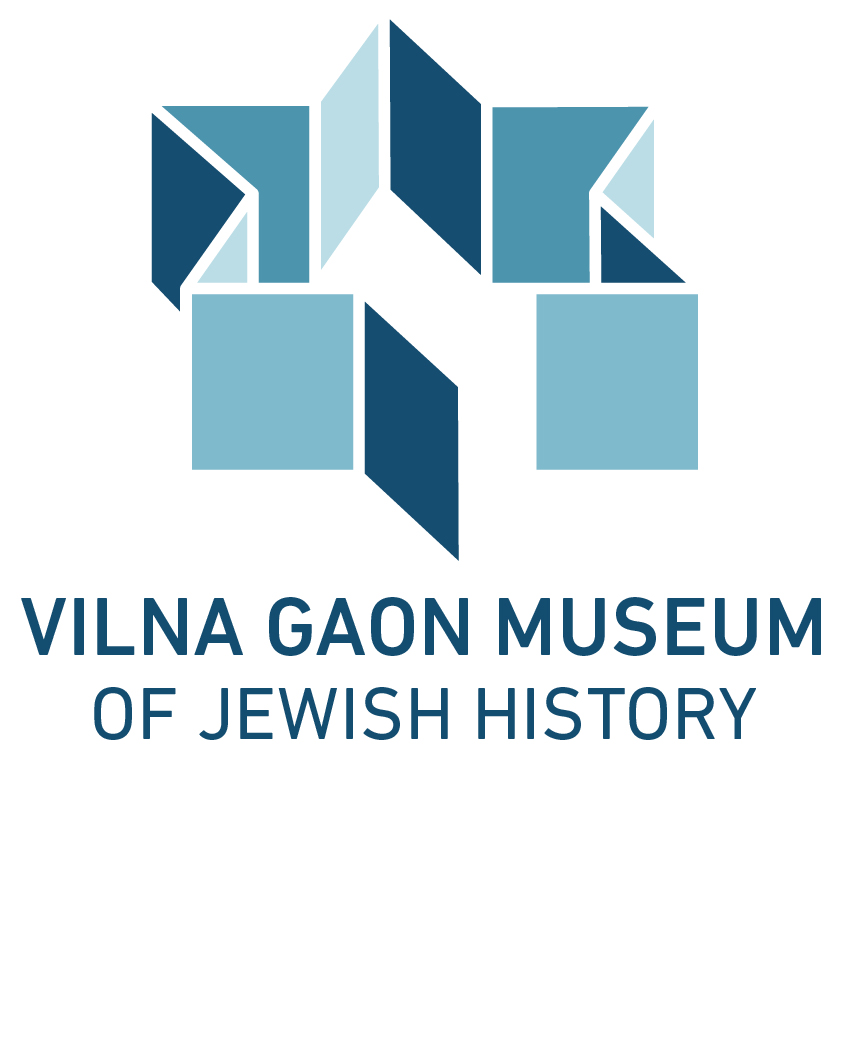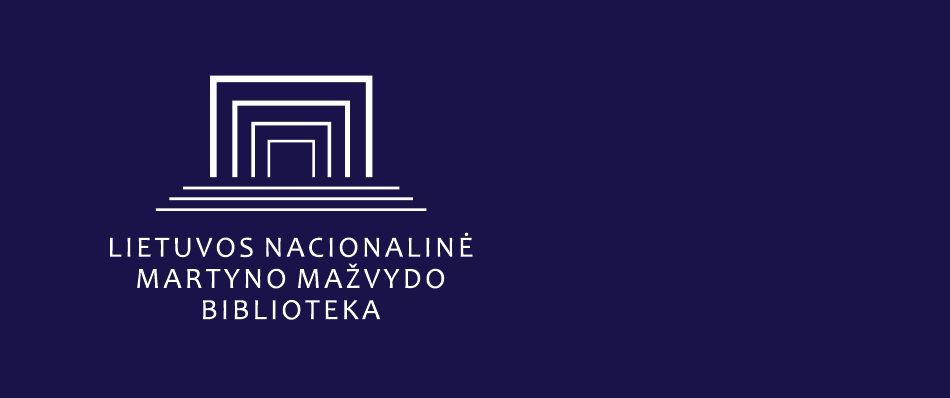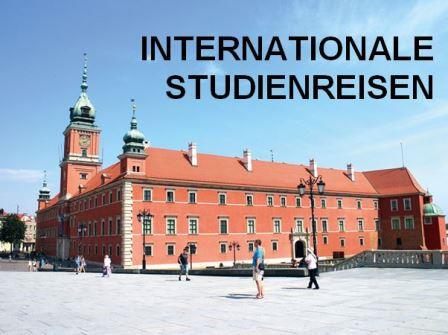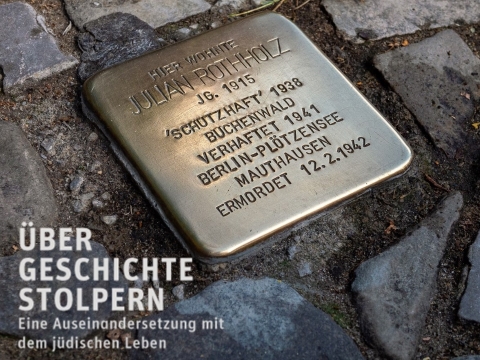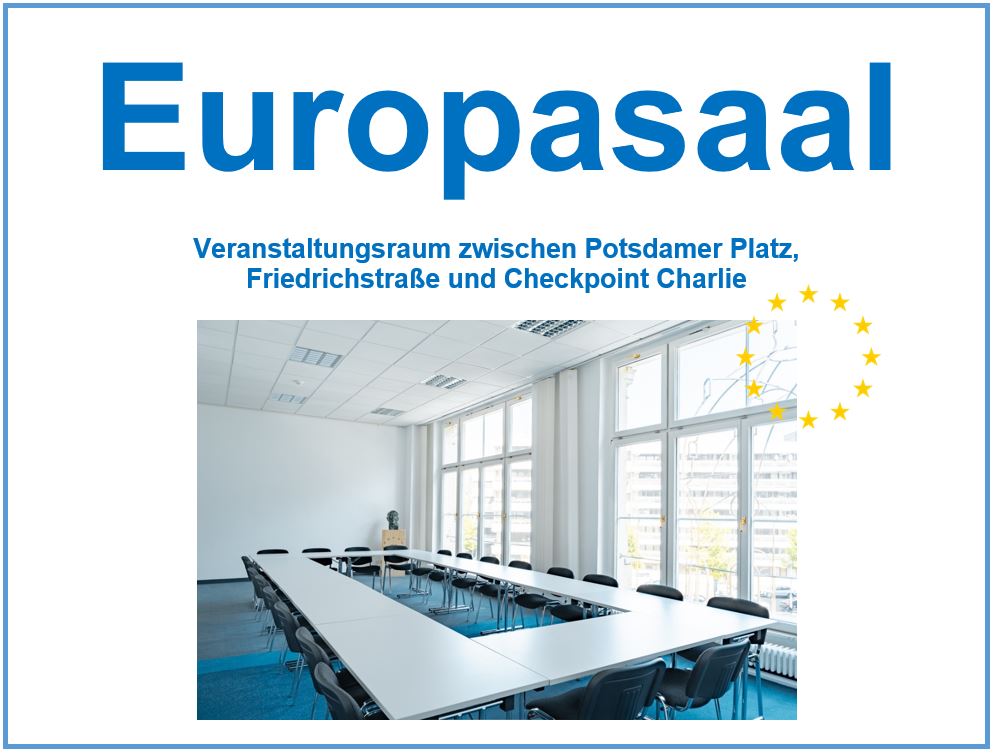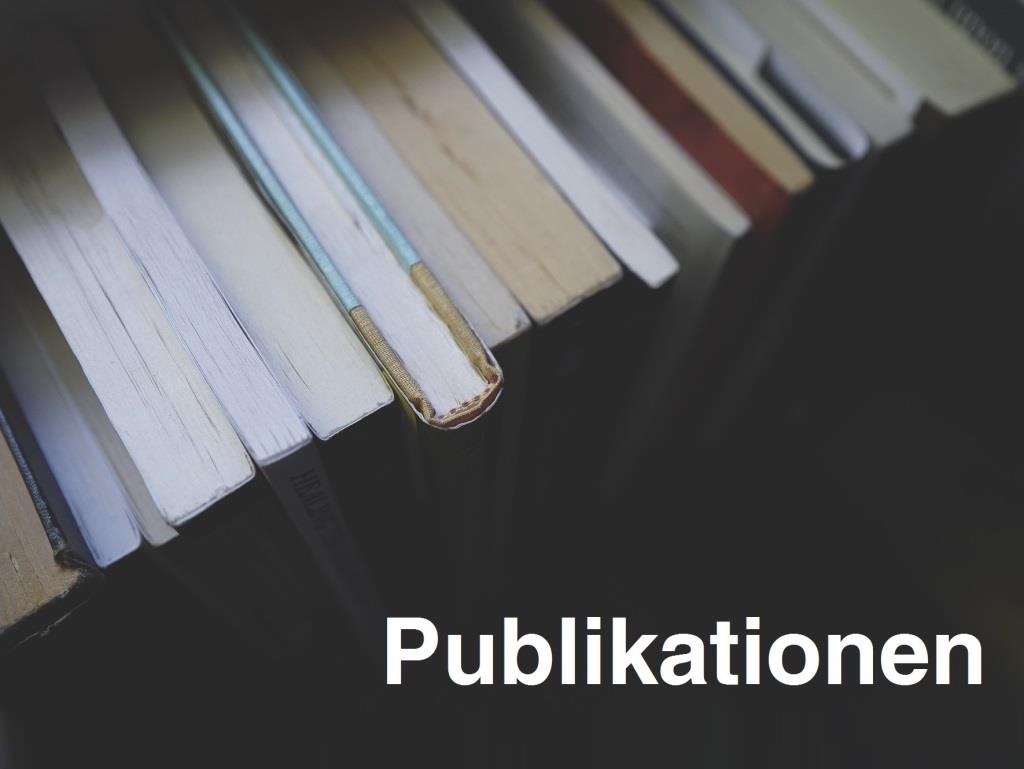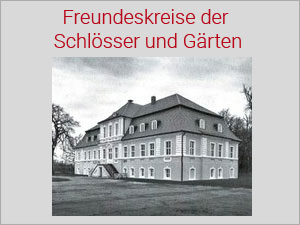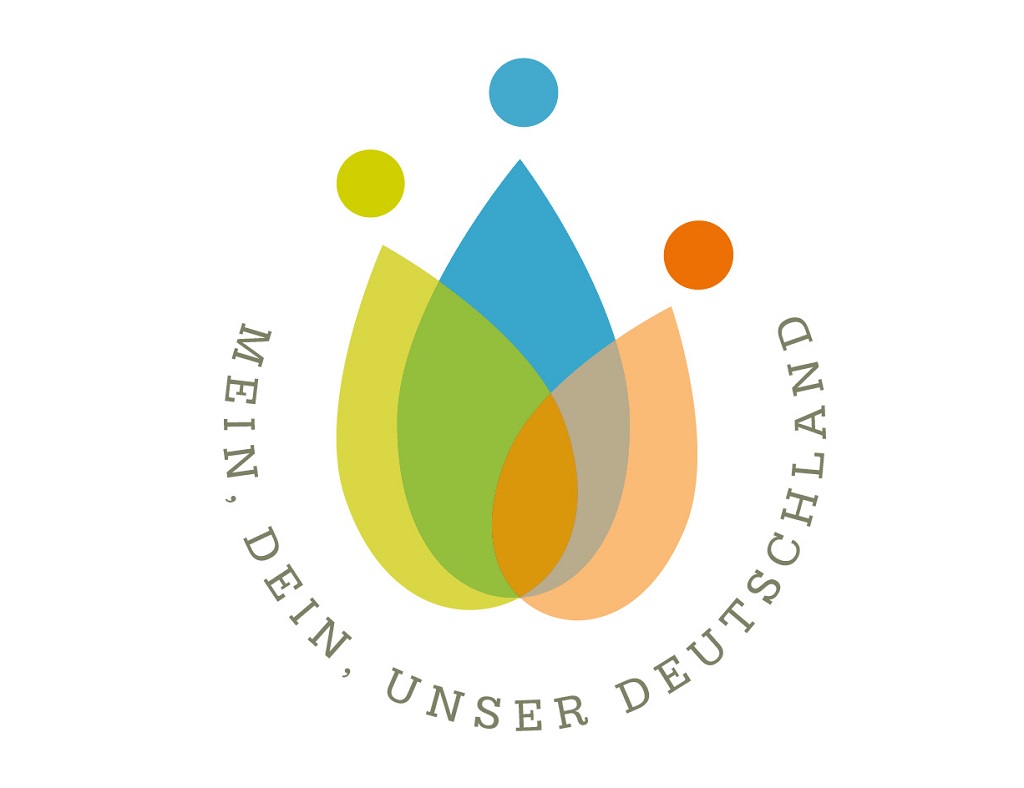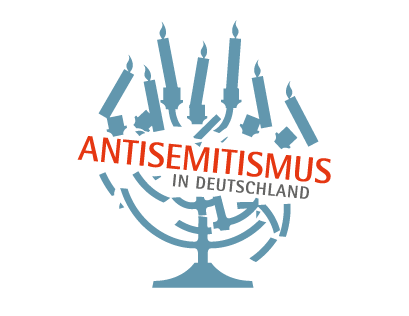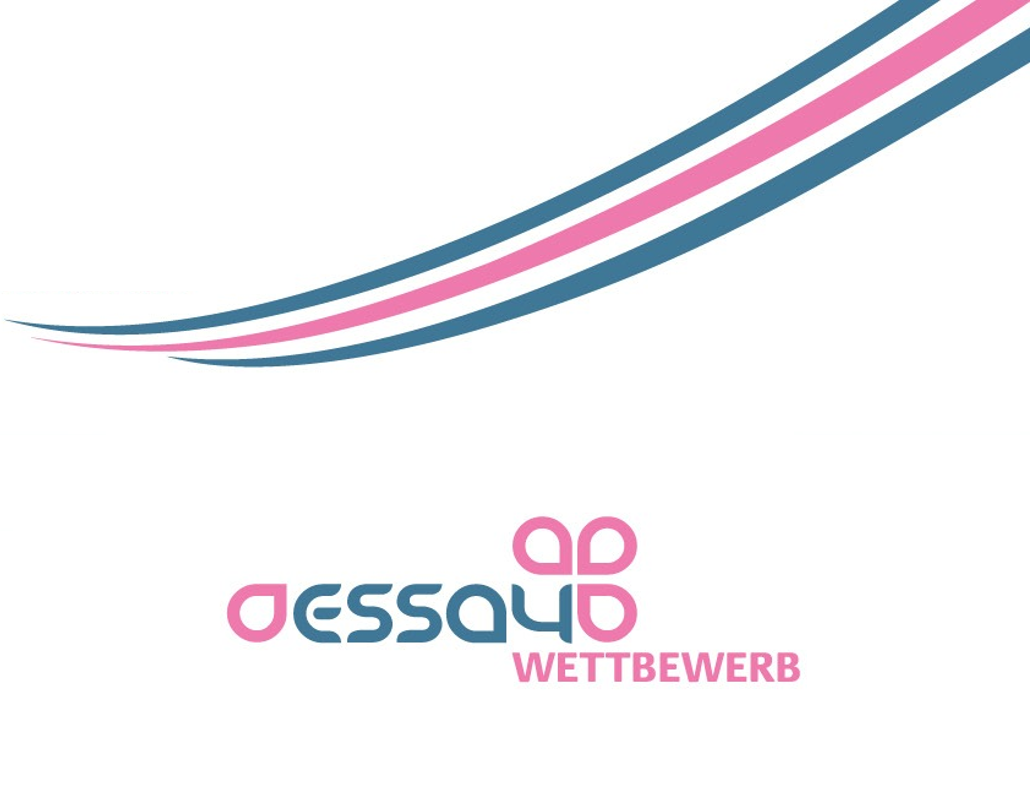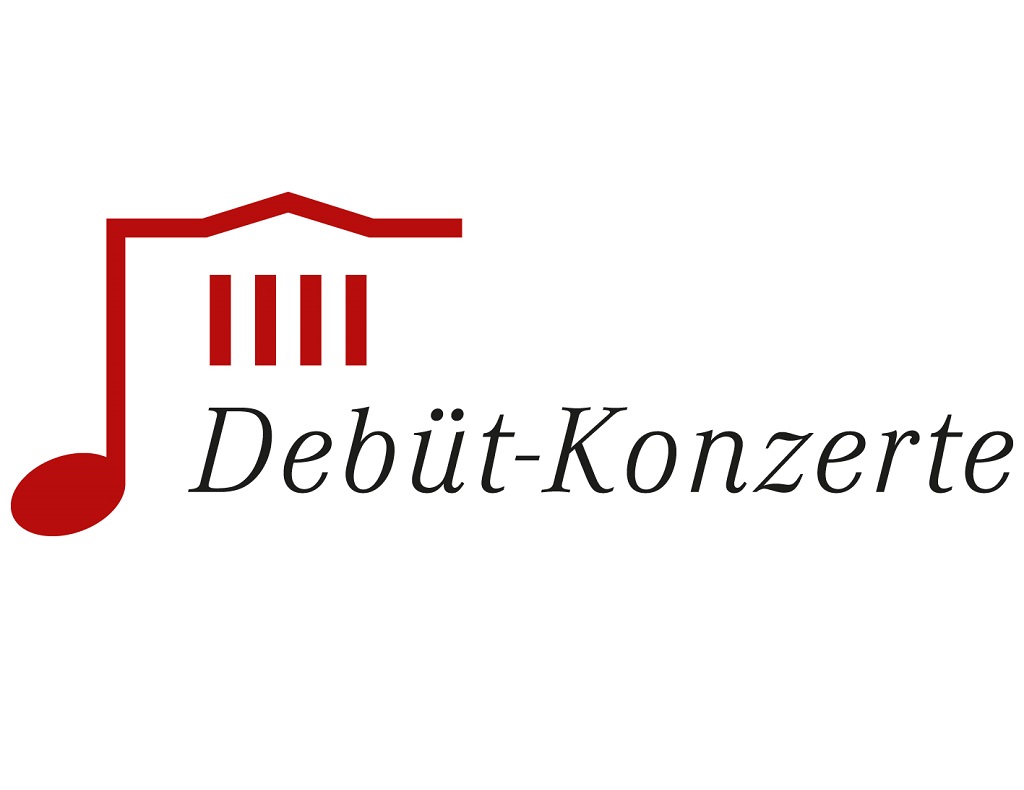Research trip for university students
Unknown past? A journey to Jewish Life and Holocaust Sites in the Baltics
Research Trip to the Baltics in July 2025 – Information and Application (Application deadline is April 13th 2025)
The research trip to the Baltic states has taken place from July 21–27, 2025. It was open to university students from Estonia, Latvia, Lithuania, and Germany. You will find the program here. After the research trip, students wrote essays about Jewish Life in the Baltics, the Shoah and its memorials and current debates about the culture of memory. The online publication can be found and downloaded here.

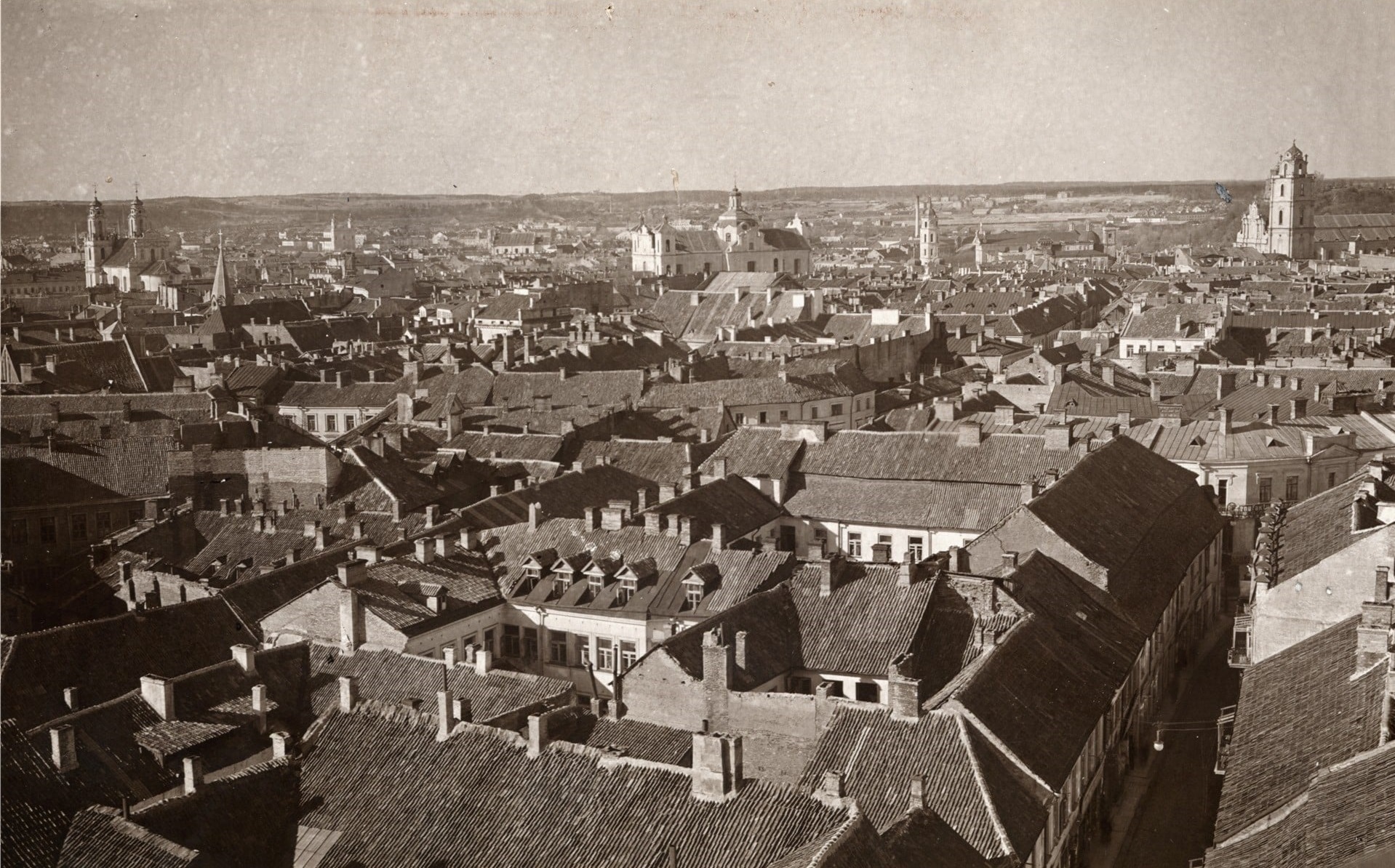
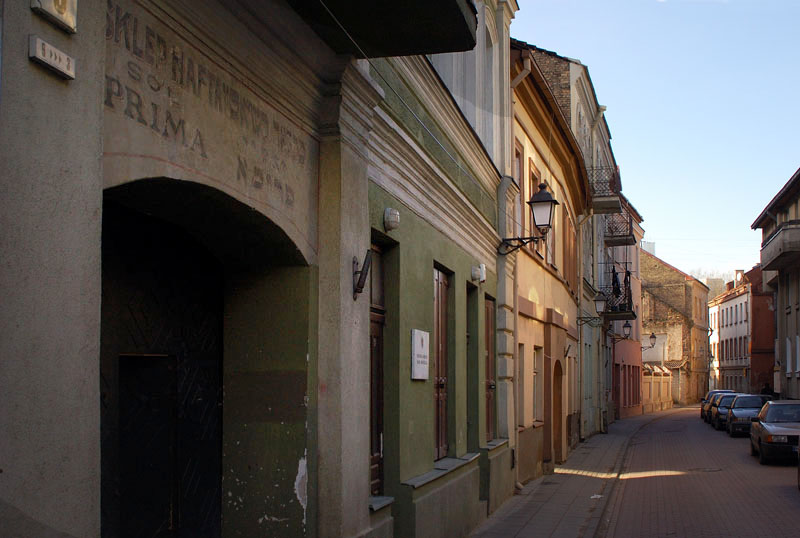
Legal code pictures: https://creativecommons.org/licenses/by-nc-nd/4.0/
Background and Objectives of the Trip
The Baltic states of Estonia, Latvia, and Lithuania have a rich and complex history of Jewish life. Since the Middle Ages, Jewish communities have played a vital role in shaping the cultural and economic development of the region. Riga, Vilna, and Königsberg were renowned centers of Jewish scholarship, art, and science. However, with the German occupation during World War II, these communities were almost entirely destroyed.
In July 2025, the Deutsche Gesellschaft e. V. is organizing a research trip for students from Estonia, Latvia, Lithuania, and Germany. The trip will take participants through the capitals Tallinn, Riga, and Vilnius, where they will visit significant sites of Jewish history, including former synagogues, Jewish quarters, and memorials. Discussions with historians, civil society representatives, and members of the Jewish communities will provide a deep engagement with the past and its relevance for the present.
Beyond the urban centers, the trip will also take participants to sites of Nazi crimes, including the Rumbula forest massacre site, Ponary Memorial, and the Klooga concentration camp in Estonia. These places serve as stark reminders of the systematic destruction of Jewish life in the region. Engaging with these sites will help sharpen awareness of the mechanisms of Nazi crimes and deepen discussions on responsibility and remembrance.
A central aspect of the trip will be discussions on memory culture and how different societies deal with their past. Students will explore varying national perspectives on the Holocaust and discuss existing conflicts in remembrance. The goal of the research trip is to raise awareness of the history of the Holocaust in the Baltic states and to encourage students to actively engage with memory culture. The encounters and discussions during the trip aim to strengthen the understanding of historical reckoning and foster intercultural dialogue on remembrance and responsibility.
Contact:
Sebastian Roesner
Department EU & Europe
+49 (0)30 88412 202
» email
Supported by:
The project is funded by the EVZ Foundation and the Federal Foreign Office as part of the programme YOUNG PEOPLE remember international. This publication does not represent the opinion of the EVZ Foundation. The authors bear responsibility for any statements contained herein.
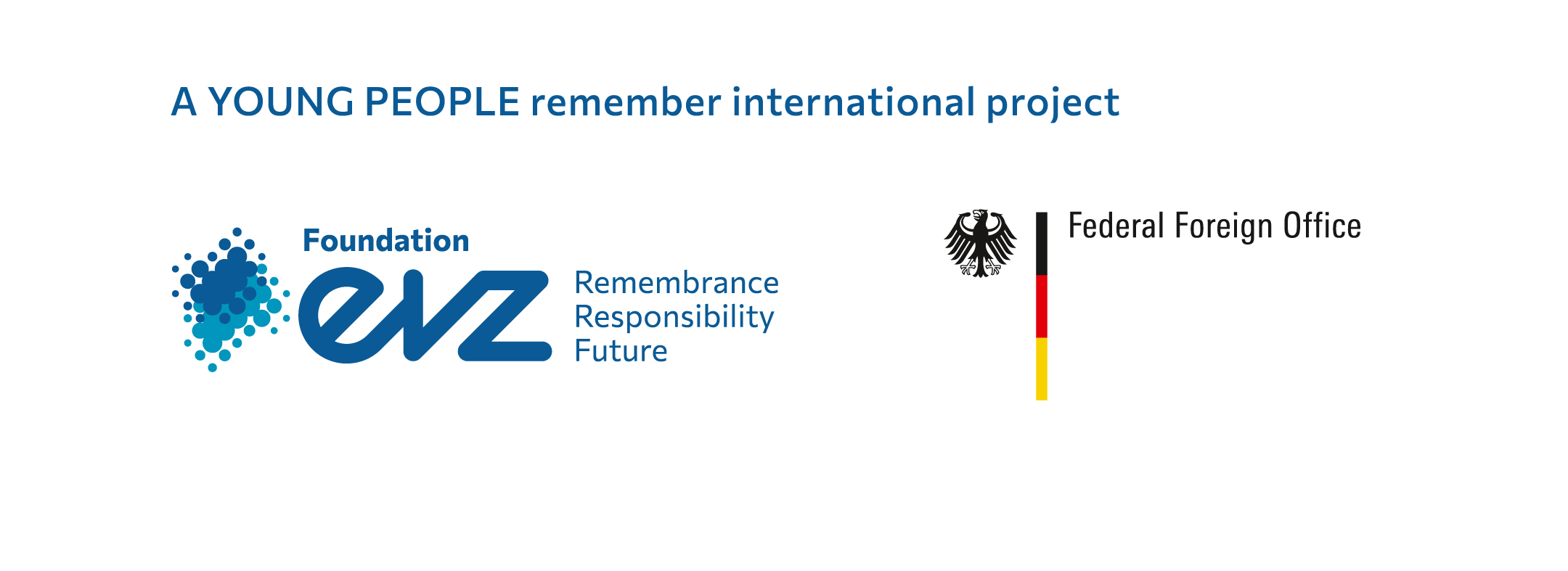 |
|
Cooperation partners:
| |
|
|
|
|




